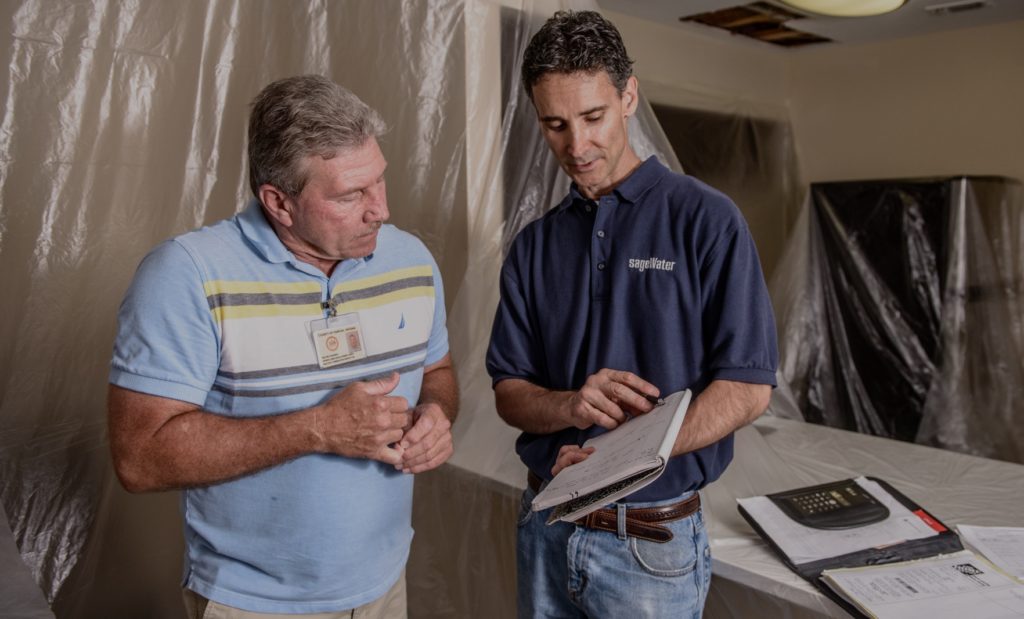Does the thought of a repipe project leave you as fearful and frightened as a spooky Halloween night? The following critical success factors can help you plan appropriately to ensure the best possible outcome and minimize disruption to the lives of residents:
- Identify your pipe problems – Surveying and listening to residents about concerns and observations is a great way to gauge how significant your pipe problem may or may not be. Symptoms leading to a repipe can include: back-ups, slow drains, leaks, odors, noisy pipes, mold and water damage, off tasting water, discolored water, inefficient heating and cooling and more.
- Secure the Facts – Evaluate how significant the problem is and determine if further research is required. A professional can visit your property and provide an evaluation as to how pervasive the issue may be. Once you know what and how big the problem is, you can easily decide to how to proceed.
- Develop a Clear Scope of Work – Once you know what repairs are required, it’s time to formally scope the project. A clear scope of work helps gain alignment, reduces change orders, minimizes disruption, defines what will be replaced and clarifies any required code upgrades.
- Determine the Financial Implications – A variety of financing options are available, but make sure your loan amount covers the project, engineering, code upgrades, and a contingency budget for unknowns. When calculating total costs, consider all angles, such as cost reductions as a result of the repipe (e.g., insurance rates frequently go down after a repipe).
- Set Expectations with Owners and Residents – Communications and engagement throughout the repipe process are critical. Communicate early and often.
- Outline your Priorities – You will need to ultimately decide where and where not to spend money and define success for the project.
- Understand and Communicate Liability – Work with an attorney to review bylaws and contracts. What happens when residents refuse to pay? What recourse does the property have or the residents? How do you avoid lawsuits?
- Pick the Right Contractor for your Project – Choosing the right contractor is essential to ensuring a quality repipe project that is delivered on time and in budget. Look at experience, check references and ask to tour a current project to better understand the realities of a repipe.
Request a Free Repipe Quote Today:
A repipe project does not have to be a nightmare. When planned in advance and communicated properly, most if not all of the inconveniences and concerns can be addressed and the project a success, resulting in increased property values, reduced insurance rates, and years of maintenance free plumbing.


